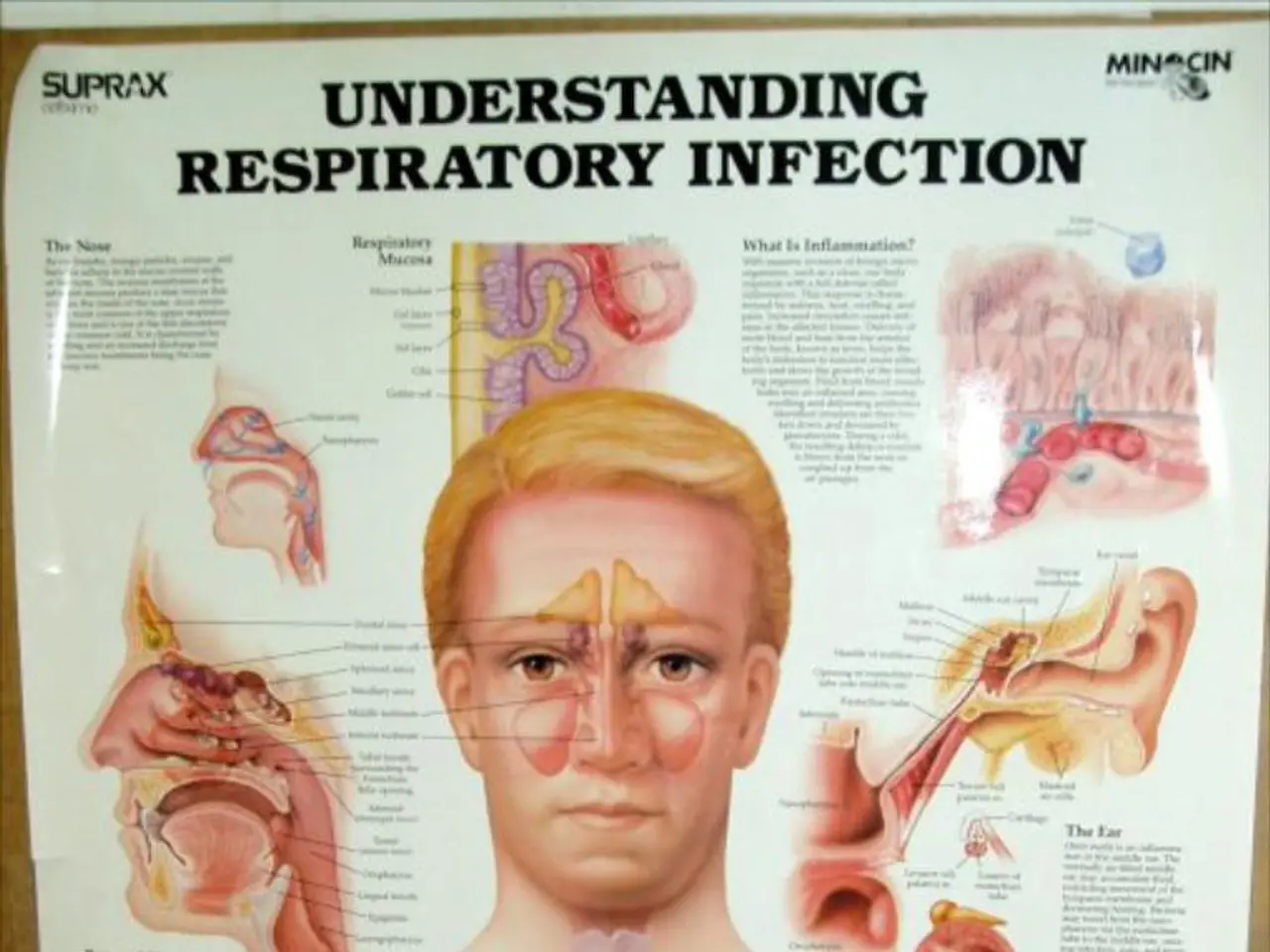Exploring the Connection: Uncovering the Mental and Physical Link to Illnesses
The mind-body connection significantly influences health outcomes and overall well-being by fostering physical resilience, emotional regulation, and mental clarity, which together enhance quality of life and may support longevity.
How the mind-body connection impacts health and well-being:
A strong mind-body connection helps in reducing pain, improving sleep quality, and enhancing stress management skills, promoting physical and emotional resilience.
Stress reduction via mind-body harmony supports a stronger immune system by lowering cortisol levels and inflammation, reducing vulnerability to illness. Positive psychological well-being linked to the mind-body connection correlates with lower heart disease risk and longer life.
Mindfulness practices foster emotional stability, reduce anxiety and depression, and improve mental clarity, especially important in aging populations. Exercise promotes the release of beneficial brain chemicals, lowers cortisol, enhances brain plasticity, and supports emotional regulation.
Nutrition, particularly diets rich in omega-3 fatty acids, antioxidants, and vitamins, supports brain health and reduces inflammation linked to cognitive decline and emotional disorders. Social engagement works synergistically with physical and nutritional habits to foster resilience and reduce feelings of loneliness, improving mental and physical health in seniors.
Key strategies to harness the mind-body connection to improve health and reverse aging effects:
- Mindfulness and Meditation Regular mindfulness practices like meditation, mindful breathing, yoga, and tai chi improve emotional regulation, reduce anxiety and depression, and bolster resilience to aging-related stress.
- Regular Physical Exercise Incorporating aerobic, resistance, and mind-body exercises stimulates neuroplasticity, balances mood-related brain chemicals, reduces stress hormones, improves sleep, and enhances cognitive function.
- Nutrition Focused on Brain Health Adopting nutrient-rich diets (e.g., Mediterranean diet) supplying omega-3s, antioxidants, and vitamins helps protect neurons, reduce inflammation, and maintain cognitive and emotional health.
- Stress Management and Sleep Hygiene Techniques to regulate the nervous system and reduce chronic stress (e.g., mindfulness, good sleep routines) break detrimental cycles impacting pain, mood, and immune function.
- Social Connection and Supportive Environments Engaging in community activities and group wellness practices provides emotional support that enhances psychological well-being and resilience against aging-related challenges.
Together, these approaches strengthen the mind-body link, promote healthier aging, and may reverse some effects of aging by improving both mental and physical health through integrative pathways.
Recent research indicates that the mind-body connection is a foundational aspect of holistic health management and aging well. Conditions like heart disease, migraines, and chronic illnesses can be linked to emotional states and mental well-being. Ignoring the mind-body connection hinders understanding of illnesses and triggers stress responses and inflammation. The mind-body connection plays a crucial role in how stress affects the body. Practicing mindfulness and emotional awareness empowers individuals to optimize health outcomes. The book discusses the connection between mental and physical well-being. Repressed emotions can activate the sympathetic nervous system, leading to chronic inflammation.
Incorporating science-backed mindfulness practices such as meditation and yoga can aid in mental health improvement, promoting emotional stability, reducing anxiety, and bolstering resilience against age-related stress, as supported by the findings in health-and-wellness research.
Strengthening the relationship between the mind and body through science-driven strategies like exercise, nutrition, and cognitive training can improve mental health and contribute to a healthier aging process, as suggested by studies on the mind-body connection in the field of science.




